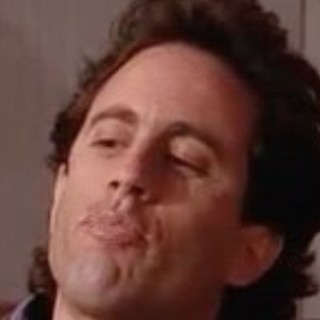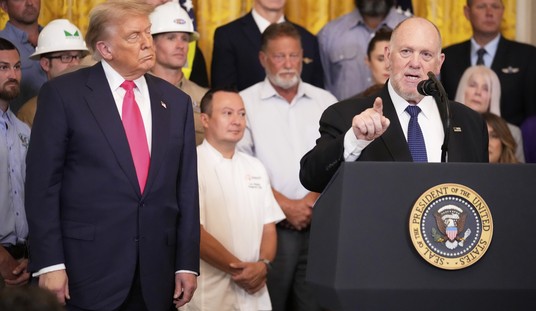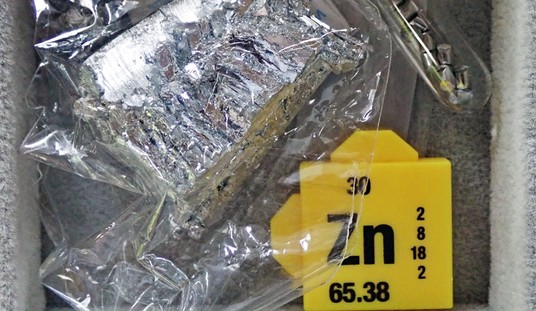Recently, RedState reported on a CNN article that included a very interesting passage regarding the death of Capitol Police officer Brian Sicknick, who passed sometime after the Capitol riot on January 6th. Though a story that he had been beaten to death by a fire extinguisher had spread far and wide in the media, it turns out that an investigation found no signs of trauma on his body, nor have investigators been able to find any video of him sustaining wounds that could have taken his life. The latest theory by investigators is that he may have had a reaction to pepper spray being used that day, though that’s purely speculation at this point.
The grander point is that there’s a lot that we don’t know about the Capitol riot. There are also a lot of narratives, some carefully crafted by partisans, that simply lack the evidentiary backing to be disseminated. Two things can be true. The Capitol riot can be an egregious act by a moronic group of people, and the facts and context of what actually happened, not just what fits a political narrative, can still matter.
Enter Tucker Carlson, who not only noted the mystery surrounding Officer Sicknick’s death, but also a myriad of other uncomfortable questions about January 6th.
Tucker Carlson's Monologue On The Unanswered Questions Concerning January 6th Including The Tragic Deaths Of Ashli Babbitt & Officer Brian Sicknick
Tucker Discusses The Recent Revolver News Piece Analyzing Some Of These Questions pic.twitter.com/KhYJeaswqf
— The Columbia Bugle 🇺🇸 (@ColumbiaBugle) February 11, 2021
One of the things Tucker talks about is the idea that five people died as a direct result of the riots, a statement that has been made more times than one can count by the news media. In regards to what we actually know right now, he notes that one person died of what appears to have been a heart attack while on the phone with his wife. Another man had a stroke, and there’s no evidence he was even part of the riot that day. Another woman died after passing out, possibly being trampled by the crowd as a result.
In other words, of the five people listed as dying that day due to the riots, three of them were unquestionably accidental. Does that fact make their deaths any less tragic? Of course not, but it does provide context to the idea that a rabid mob, as bad as their behavior was, was simply murdering people without care that day.
The fourth person to die that day was Ashley Babbitt, a woman who had entered the Capitol Building that day. As Tucker notes, she’s the only one whose circumstances of death are essentially confirmed. She was shot by a police officer while attempting to crawl through a broken window. The bullet hit her in the neck and she died shortly after.
That brings us to Sicknick. His death has been heavily politicized, including an apparently false death story spread by mainstream outlets for a month. Yet, the mystery surrounding what actually happened to him remains. What is looking more likely is that his death, like the first three people discussed, was accidental. Perhaps he had a stroke due to exposure to peppery spray earlier in the day? Perhaps he had another comorbidity that led to his death? We simply don’t know, but the fact that a question may be uncomfortable (or that it might blow up a chosen narrative) should not remove it from the discussion of what happened to him.
Again, none of the more recent facts discussed on Tucker’s show, nor the added context they bring, excuse the crowd that stormed the Capitol that day. But to proclaim one must believe the most sensationalized reports, even if proven false, or that it means you tacitly support the riot is a false dichotomy and intellectual laziness. Facts and context always matter, and they should matter here. Reporters shouldn’t be afraid to find answers, nor should media outlets and social media platforms be afraid to let the facts speak for themselves.














Join the conversation as a VIP Member